While the Malaysian economy has been adversely impacted as a result of political instability, the Indonesian economy has benefited immensely from political stability. Also, Malaysia has been lagging behind Indonesia in terms of Foreign Direct Investment (FDI). But still Malaysia continues to be one of the most attractive investment destinations in ASEAN.
Former Malaysian Prime Minister Dr Mahathir Mohammad (Malaysia’s longest-serving PM) in an interview with Nikkei Asian Review, said that the Malaysian economy has been adversely impacted as a result of political instability in recent years. Mahathir Mohammad — whose last term as PM was from May 2018-March 2020, lost his own parliamentary seat for the first time in five decades in Malaysia’s 2022 parliamentary election held on November 19, 2022.
The former Malaysian PM said the Indonesian economy had benefited immensely from political stability in recent years. While Indonesian President Joko Widodo has been firmly in the saddle since 2014, Malaysia has witnessed political instability over the past few years (Anwar Ibrahim is Malaysia’s fourth PM since the 2018 election). It was widely believed that the recent election will result in a decisive verdict but that was not the case.
Also Read: ASEAN’s Foreign Policy: Managing The Great Power Politics
Neither of the two leading coalitions Pakatan Harapan (PH) or Perikatan Nasional (PN) could secure a majority. While the PH led by current PM Anwar Ibrahim secured 82 seats in a house of 220, PN led by former PM Muhyiddin Yassin could win only 73 seats. The Malaysian King, Sultan Abdullah Ahmad Shah, had proposed a unity government where PH and PN worked together, but this idea was rejected by Muhyiddin Yasin.
While Indonesian President Joko Widodo has been firmly in the saddle since 2014, Malaysia has witnessed political instability over the past few years with four Prime Ministers since the 2018 election.
Anwar Ibrahim, who served as Mahathir’s Finance Minister and Deputy Prime Minister in the 1990s, before falling out with him was sworn in as PM on November 24, 2022, after five days of political uncertainty. Ibrahim will hold a confidence vote on December 19, 2022, to prove his majority. He has managed to secure the support of the former ruling party United Malays National Organisation (UMNO) and some smaller political outfits.
Also Read: The New Geopolitics Of Global Education
The former Malaysian PM also praised Indonesian President Joko Widodo for his strong and efficient leadership. Said Mahathir in the interview “When a country has a good, steady and stable government, foreign investments will come in. (And) that contributes to the growth of the economy.”
Malaysia was on course to be the fifth Asian tiger – the others being Singapore, Hong Kong, South Korea, and Taiwan – in the 1990s. However, an economic crisis proved to be a major setback to its aims of emerging as a tiger, though it would be fair to say it has performed reasonably well compared with most countries in the ASEAN region.
In recent years, Malaysia has been lagging behind Indonesia in terms of Foreign Direct Investment (FDI). In 2019 for instance, FDI inflows into Indonesia were estimated at US $28.2 billion, while inflows into Malaysia were estimated at US $7.57 billion. In 2021, Malaysia, according to estimates was the top destination in ASEAN for greenfield FDI, with projects well over US $20 Billion (24.3 billion) announced. This was more than double the green field FDI in Vietnam and almost triple that of the green field FDI announced in Indonesia.
Also Read: Pacifism in Words, Militarism in Actions: The Sounding Brass Leaders of 21st Century
Indonesia has also focused on its digital economy and achieved reasonable success. It has the second largest number of data centers in ASEAN after Singapore. Google, Microsoft, Paypal, and Amazon web services have invested heavily in the country’s tech sector. Indonesia is also home to six unicorn start-ups valued at more than US $1 billion. These have all come up in a span of fewer than five years.
In recent years, Malaysia has been lagging behind Indonesia in terms of FDI. However, the Global Opportunity Index 2022 report ranked Malaysia as the most attractive in terms of attracting FDI and Indonesia ranked third. Malaysia ranks high in the Ease of Doing Business rankings and has thrice the per capita income of Indonesia.
While there is no doubt that Indonesia’s economy may have performed better than that of Malaysia on several accounts, it is important to keep a few things in mind.
First, Anwar Ibrahim has kept the Finance Portfolio to himself and in the past, he had steered Malaysia through the economic crisis of the 1990s. He is also known to be pro-reform and is credited with playing an important role in the Malaysia’s growth story. Anwar Ibrahim clearly has his task cut out with an impending economic slowdown and rising inflation, in the ASEAN nation being key challenges. He has made the right noises so far, and his emphasis on providing an inclusive government and taking everyone along is significant.
Second, Malaysia still has several advantages vis-à-vis Indonesia. It ranks high in the Ease of Doing Business rankings and has a much higher per capita income (nearly three times) than Indonesia.
Also Read: China and West Cooperation: Is the Golden Era Over?
A report by the Milken Institute titled, ‘Global Opportunity Index 2022: Focus on emerging South East Asia’, ranked Malaysia as the most attractive in terms of attracting FDI. Indonesia ranked third.
In conclusion, while Malaysia’s economy may have lost out in recent years due to political instability, it has numerous advantages. Political stability backed by a strong political will and clear economic vision will stand the ASEAN country’s economy in good stead.
Disclaimer: The views expressed in this article are of the author solely. TheRise.co.in neither endorses nor is responsible for them. Reproducing this content without permission is prohibited.
About the author
Tridivesh Singh Maini is a New Delhi-based Policy Analyst. He is faculty member of OP Jindal Global University, Sonepat, Haryana.

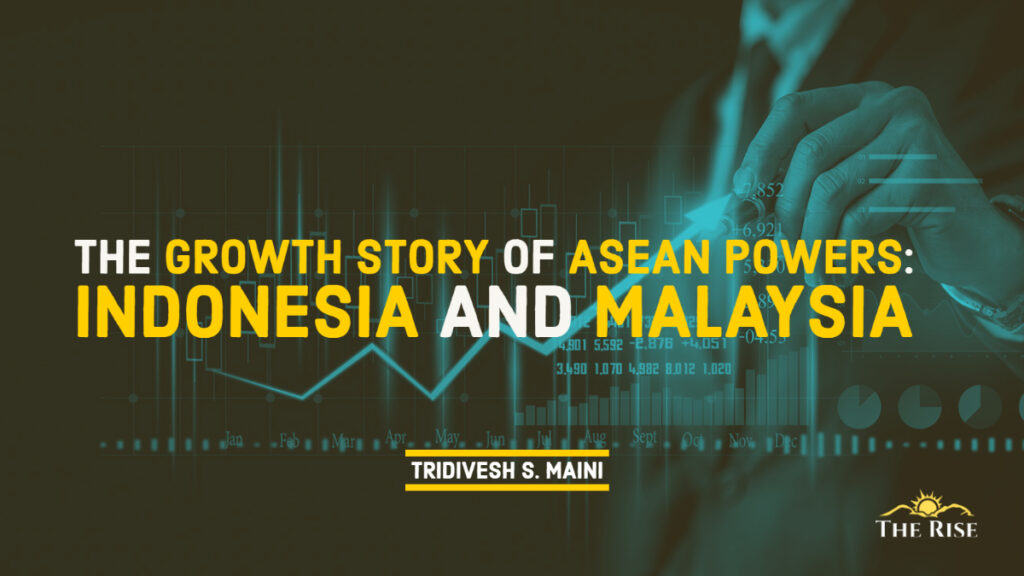

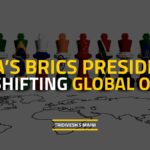










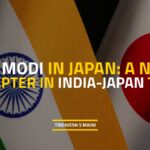




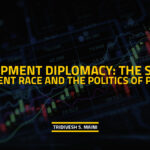





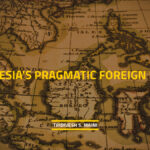

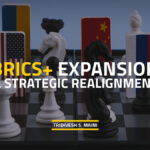



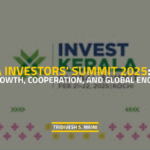

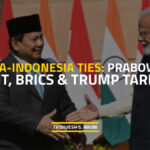



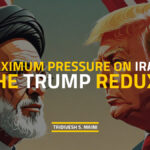








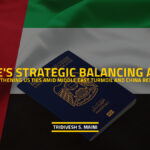
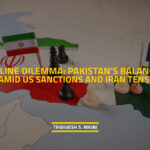
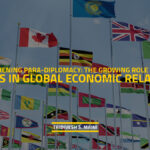


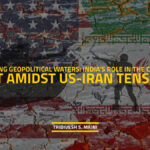
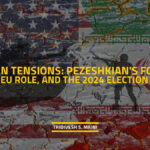



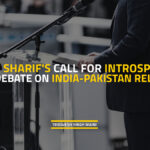



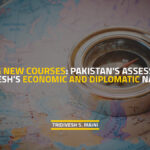


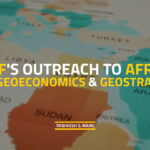












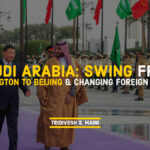

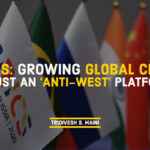

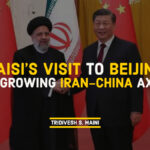
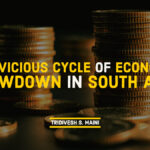








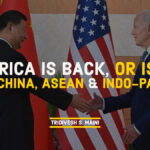

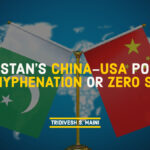
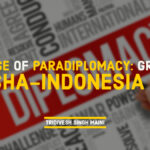





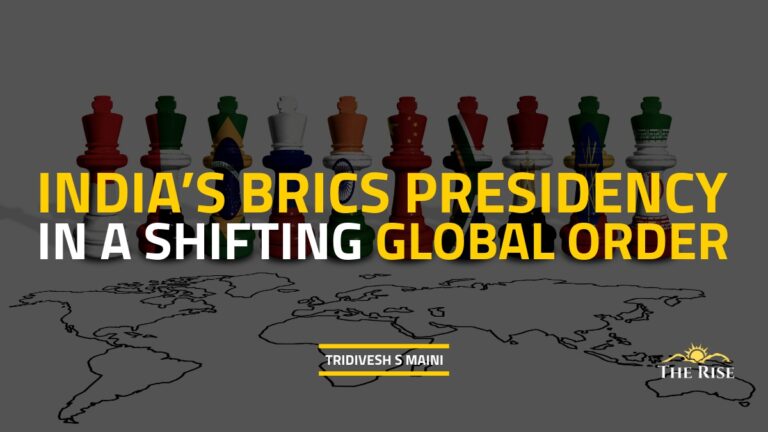



Pingback: Indo-China Great Power Competition in the Indo-Pacific: An Essay - TheRise.co.in
Pingback: Economic Linkages in South Asia - TheRise.co.in
Pingback: Changing Paradigm of BRICS-Growing Global Clout or 'Anti-West'?
Pingback: Mastercard CEO to World Bank Prez: Shining Indians
Pingback: India-France In Transcaucasia- A Part Of The Problem Or A Solution - TheRise.co.in
Pingback: Tightrope walk for Indonesia after elections - TheRise.co.in